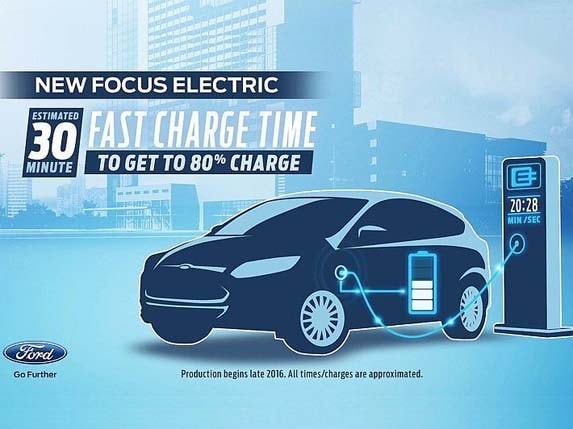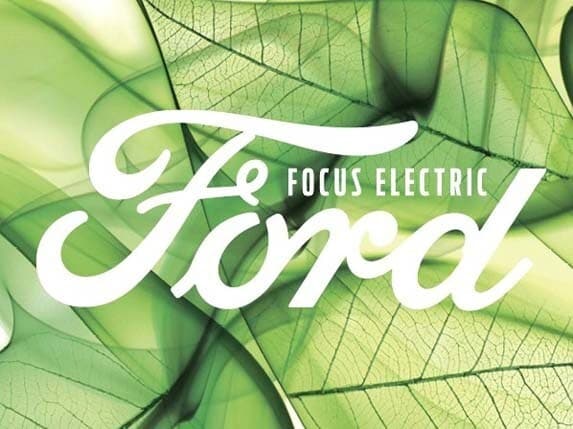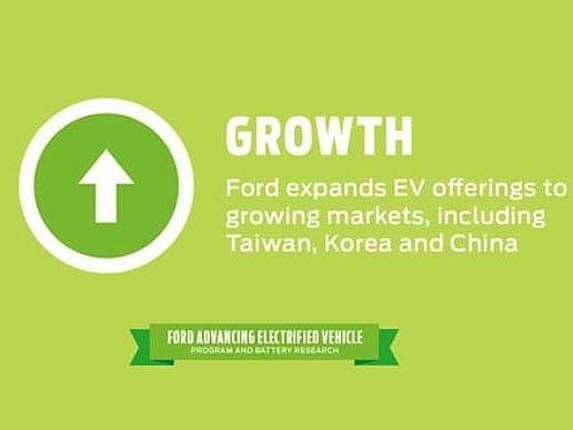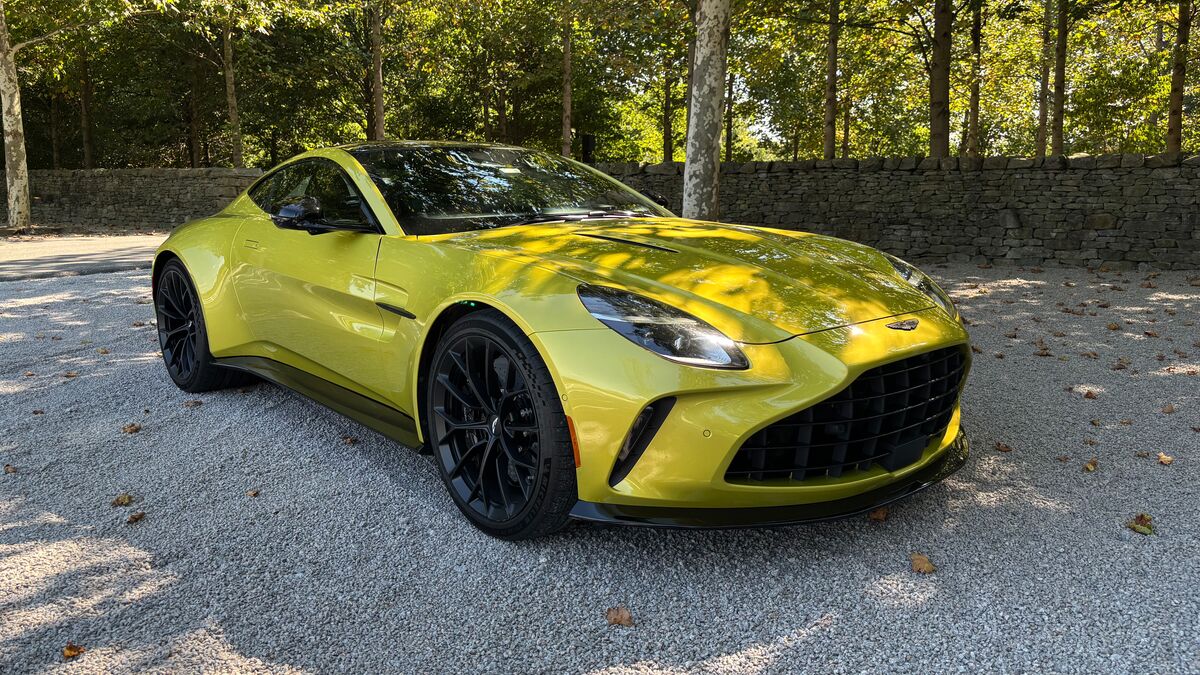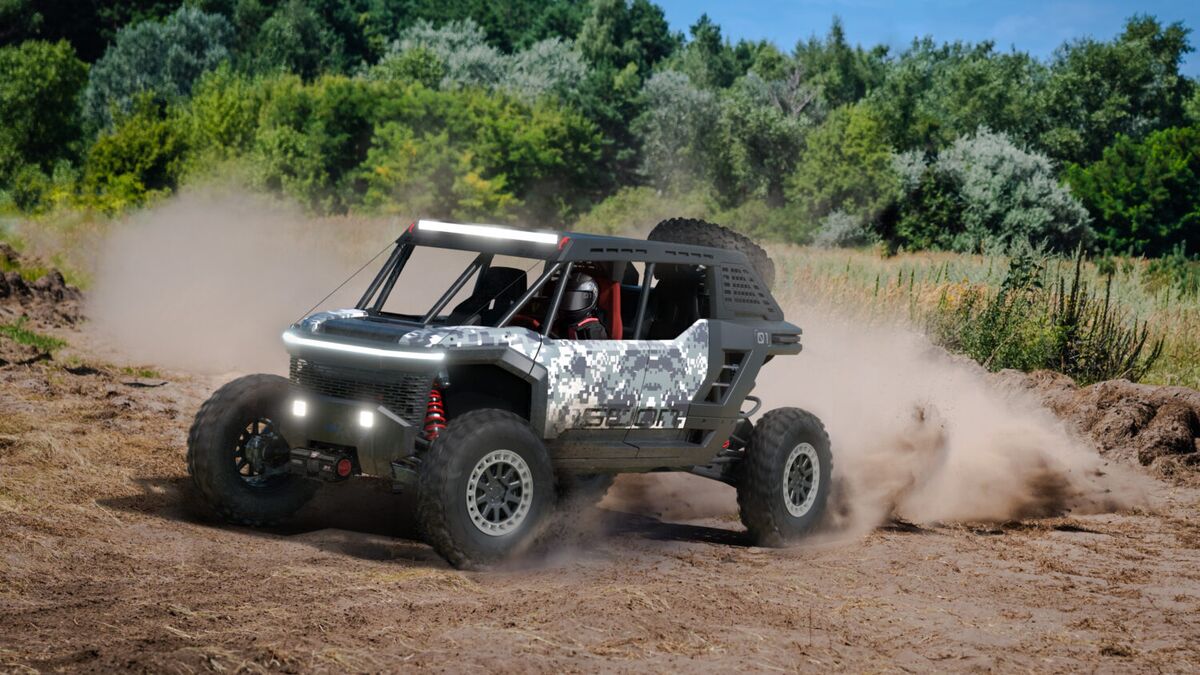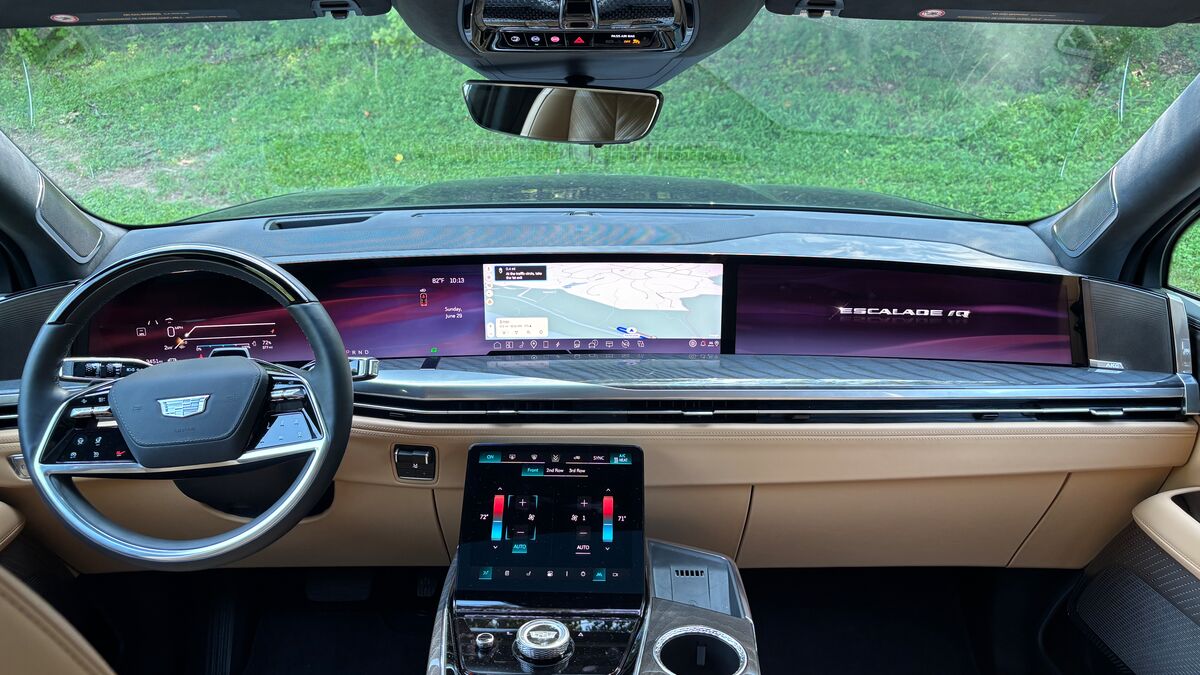Although Ford is expected to show a revamped version of the Fusion Energi plug-in at the Detroit Auto Show next month, the first of its new pure electric machines to hit showrooms will be the 2017 Ford Focus Electric. Starting production late next year, this updated version of the compact EV hatch will have a projected 100-mile range compared to its current 76 miles and also gain DC fast-charging capability that allows an 80-percent charge of its lithium-ion battery pack in roughly 30 minutes. While Ford has yet to share any other powertrain details, it has confirmed that the new Focus Electric will complement its sporty, fun-to-drive character with a number of range-enhancing tech touches that include the latest version of SmartGauge with EcoGuide instrumentation and Brake Coach that will serve as a real-time guide to help max-out the efficacy of the car’s on-board regenerative system.
Rethinking the EV development
Legislatively driven requirements to market greener, more fuel-efficient vehicles notwithstanding, Ford says a byproduct of this expanded emphasis on EV/electrified models is a profound change how it views the basic development process in general. Specifically, to more closely focus on the ultimate consumer experience and not just the hardware. "The challenge going forward isn’t who provides the most technology in a vehicle but who best organizes that technology in a way that most excites and delights people," said Raj Nair, executive vice president, Product Development. By observing consumers, we can better understand which features and strengths users truly use and value and create even better experiences for them going forward."
Also: See the New and Redesigned Cars of 2016
To help in that undertaking, Ford will reinforce its traditional research with social-oriented information gathering that offers more nuanced perceptions regarding cognitive, cultural, technological and economic factors that will significantly impact the initial development process. "This new way of working brings together marketing, engineering and design in a new way to create meaningful user experiences, rather than individually developing technologies and features that need to be integrated into a final product," Nair notes. "We are using new insights from anthropologists, sociologists, economists, journalists and designers, along with traditional business techniques, to reimagine our product development process, create new experiences and make life better for millions of people."
More EVs and Plug-in Hybrid Vehicles…
2016 Nissan LEAF offers greater range and adds new features
The BMW 330e Plug-in Hybrid joins the 3 Series family for 2016
POPULAR AT KBB.COM
